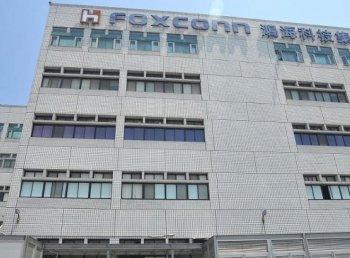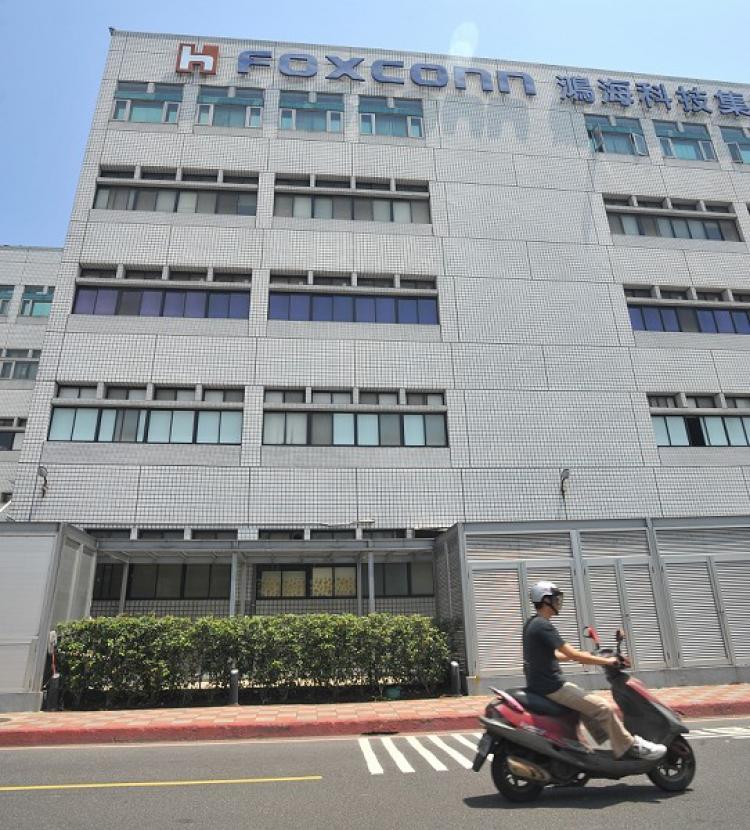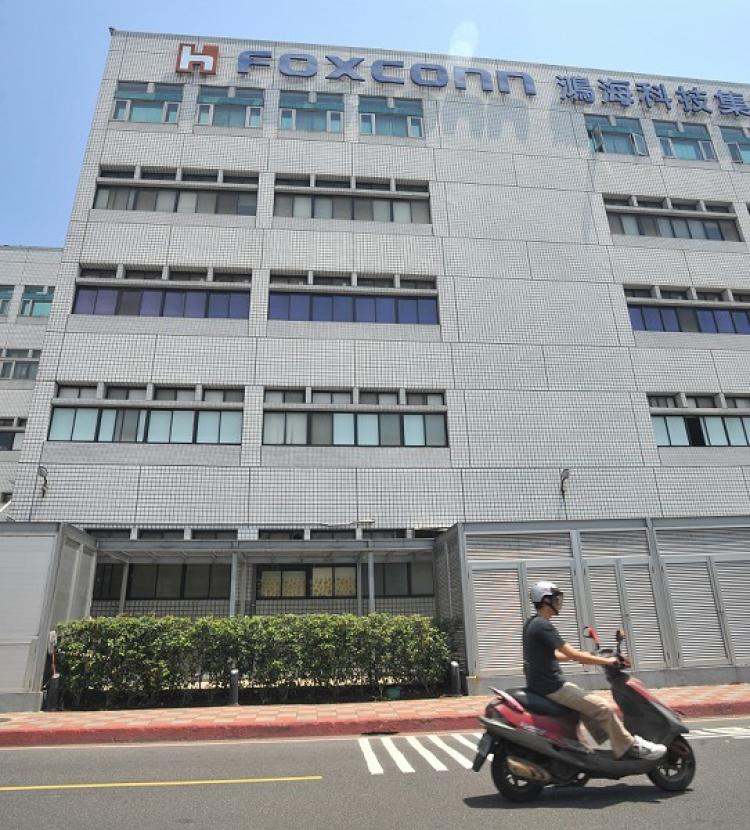Soaring Prices, Strikes Plague China
Soaring prices in China have caused workers at manufacturing plants throughout the country to go on strike for higher pay.

Pay raise at Foxconn in Shenzhen triggers protests for pay raises elsewhere. Photo shows Foxconn headquarter in Taiwan. Patrick Lin/APF/Getty Images
|Updated:






